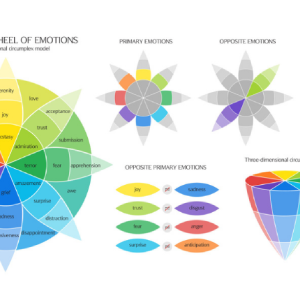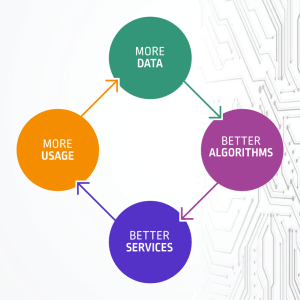Emotions in Motion: Unveiling Plutchik’s Wheel in Project Management
In this episode, Ricardo talks about the importance of understanding emotions in project management, emphasizing that human challenges often outweigh technical ones. He introduces the "Wheel of Emotions" by Robert Plutchik, which categorizes eight primary emotions into pairs of opposites, helping project managers recognize and manage emotions in themselves and their teams.










